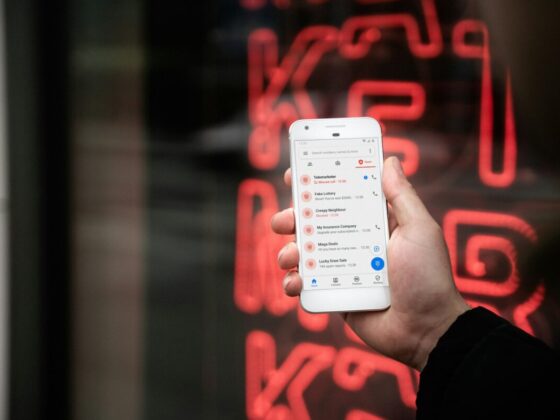Vehicle Tech Innovations That Will Change The Auto Industry

Aside from personal transportation, commercial cars and vehicles are now essential for many modern jobs like ride-hailing, food deliveries, and more. However, while traditional gas engine car models still work fine, technology can significantly benefit drivers and the environment. Safety, automation, and CO2 production are some of the advantages of redesigning the automobile standard that the world is using for years now.
As car popularity isn’t showing signs of going away soon, with 69.8 million projected international unit sales in 2021, car manufacturers are now more interested than ever in new techs that will propel them from the competition and cater to younger demographics. Thus, if one is interested in learning about the likely future of commercial vehicles, this article can help. Below, the following sections briefly explain the various tech innovations that will change and impact the auto industry.
More capable electric car batteries
Currently, the idea of waiting for longer than 10 minutes to recharge an electric car (EV) is what keeps many from purchasing them and ditching their traditional gas-powered autos. However, recently, there are researches and innovations like solid-state batteries that can reduce the overall profile of EVs and QuantumScape batteries that claim to charge 80 percent in only 15 minutes. While this is only the start, it might not be long until the world can have EV batteries that recharge as fast or similar to refilling fuel.
Automated and self-driving technologies
While personal cars are popular for most people, not everyone can own one due to no interest or confidence in driving, health conditions, disabilities, and more. Thankfully, with Artificial Intelligence and Machine Learning, companies like Tesla developed technologies that allow their cars to self-park, auto-summon into a specific location, and even self-drive. Accordingly, these things will entice more people into buying personal vehicles, especially EVs.
Digital and informational car exterior
During CES, SXSW, LA Auto Show, and other car conferences, companies show off their latest concepts and developments with futuristic tech and design. Toyota’s Concept-i and e-Pallete are two great examples of these recent innovations on the digital exterior that can quickly change colors, display patterns or images, and even live information. Aside from customizability, this can also affect car detailing as a whole, given that restoring or maintaining a vehicle’s interior and exterior will now require technical skills, training, or even proprietary tools.
Internet of things (IoT)
Internet of Things (IoT) is the network or connection of day-to-day gadgets and appliances with sensors, software, and other technologies. Recently, car manufacturers and tech companies started coordinating their products with each other. For instance, Apple’s CarPlay enabled viewing notifications from iPhones and controlling its services like Apple Music and Maps directly in the car’s digital dashboard. Additionally, IoT made it possible for vehicles to communicate with other things like automated garage doors, using sensors like NFC to unlock cars and view car alerts in smartwatches, phones, and even computers.
Driver biometrics
Traditionally, drivers use physical keys to unlock car doors and start engines. However, thanks to more capable technologies, more cars, especially EVs, now support biometrics like fingerprint and facial scanning. Aside from convenience, this innovation can also potentially improve security as it’s much harder and time-consuming to intrude biometric doors than key-protected ones that anyone with enough lock picking skills can unlock. Lastly, most EVs require different authentication, so if an intruder bypasses a layer of protection, other measures will prevent the car from starting, like extra biometric input, NFC key card, and PIN code.
What’s Next For The Auto Industry?
Currently, the auto industry focuses more on self-driving, EVs, and sustainable solutions that aim to aid global warming. However, in the near future, the world could see more promising tech that can solve traffic, minimize road incidents, and make personal cars more enticing for individuals with health conditions or no confidence in driving. Hopefully, car and tech companies won’t stop innovating, and the world would remain open for new things to come.

:max_bytes(150000):strip_icc():focal(749x0:751x2)/boy-escapes-abuse-grocery-store-Leandra-Renteria-Gary-Dean-Wilson-Lenore-Wilson-032925-d5a736a553504a749e9eed17e9162fa5.jpg)








